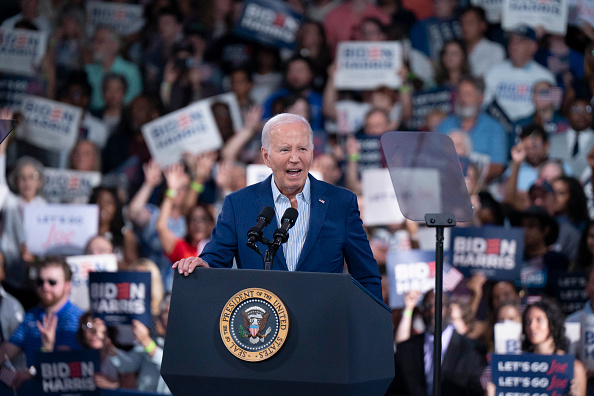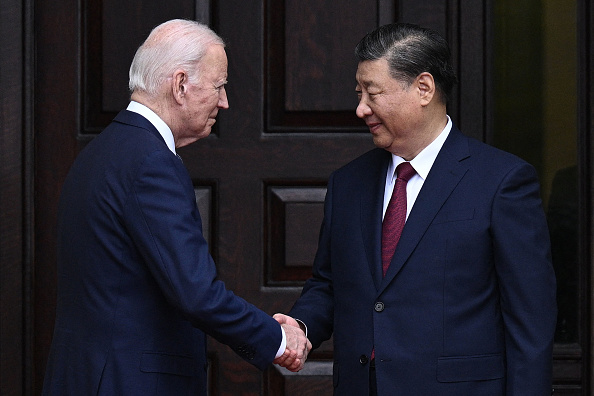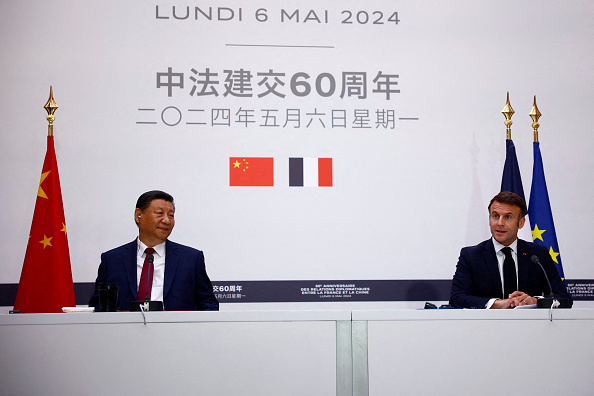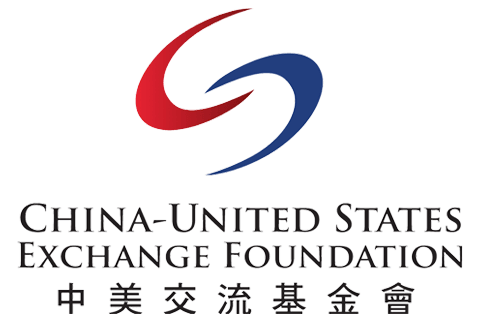
Dear Focus Reader,
United States President Joe Biden and former President Donald Trump engaged in their first presidential debate of 2024 yesterday, and China wasn't left out of the discussion.
The debate highlighted contrasting visions for American policy, though both remain fairly tough on China. Biden emphasized his focus on job creation and reducing reliance on foreign-made semiconductors, pointing to a $40 billion investment in domestic manufacturing. He also criticized Trump's proposed tariff hikes, suggesting they would cost the average American family an additional $2500 annually. Trump defended his stance, reiterating his aggressive trade policies from his previous administration and his new proposal of a 60% tariff on Chinese imports. He argued that these measures would compel China to pay substantial amounts to the U..S, thereby reducing the trade deficit and bolstering national power. He also accused Biden of being "afraid" to confront China, claiming Biden's approach increased the risk of global conflict.
Beyond China, the economy was a major focal point, with each candidate blaming the other for inflation and economic challenges.
China's reaction to the debate was notably subdued. Social media comments mocked both candidates, highlighting a perception of futility in the U.S. political discourse.
While relations between the U.S. and China have seen some stabilization under Biden, particularly after his meeting with Xi Jinping, issues like the South China Sea and Taiwan continue to strain ties. Ultimately, both candidates aim to appear tough on China, appealing to voters concerned about America's economic and geopolitical standing.
Learn more about international relations by catching up on our latest Focus content, including topics on U.S. foreign policy, diplomacy, and northeast Asia.
The number of countries the U.S. was a major trading partner with in 2021, falling from 130 in 2006.
Learn more in "U.S. Losing the Global South," by Shou Huisheng, the Director of the Center for Turkish Studies at Beijing Language and Culture University.
Bruce Lee | From Hong Kong to Hollywood
Watch VideoIn our Focus Insights section, we shared an article by Zhou Xiaoming, Former Deputy Permanent Representative of China's Mission to the UN Office in Geneva, where he argues U.S. trade policies risk global economic fragmentation and supply chain disruptions.
We want to hear from you:
How do you perceive the impact of U.S.-China trade tensions on global economic stability and growth?
Submit your thoughts to USeditor@chinausfocus.com for a chance to be featured in next week's Focus This Week.
useditor@chinausfocus.com for more info.
Prepared by China-US Focus editorial teams in Hong Kong and New York, this weekly newsletter offers you snap shots of latest trends and developments emerging from China and the U.S. every week. It is a community space to exchange thoughts and ideas about the China-U.S. relationship and beyond.
- 2024-06-21 Focus This Week: Global Currents
- 2024-06-14 Focus This Week: A Diplomatic Tour
- 2024-06-07 Focus This Week: Searching for Peace
- 2024-05-31 Focus This Week: A Rare Meeting
- 2024-05-24 Focus This Week: Inauguration Across the Strait
- 2024-05-17 Focus This Week: Alliance Strengthened
- 2024-05-10 Focus This Week: Strategic Partnership
- 2024-05-03 Focus This Week: Xi's Heading to Europe
- 2024-04-26 Focus This Week: Advancing Relations
- 2024-04-19 Focus This Week: Collective Concerns
- 2024-04-12 Focus This Week: Regional Coordination
- 2024-04-05 Focus This Week: Diplomatic Engagement
- 2024-03-29 Focus This Week: Economic Goals
- 2024-03-22 Focus This Week: Promoting Exchange
- 2024-03-15 Focus This Week: TikTok's Time Ticks
- 2024-03-08 Focus This Week: Setting Targets
- 2024-03-01 Focus This Week: Policy Preparations
- 2024-02-23 Focus This Week: Seeking Momentum
- 2024-02-16 Focus This Week: Global Security
- 2024-02-09 Focus This Week: Economic Hits




